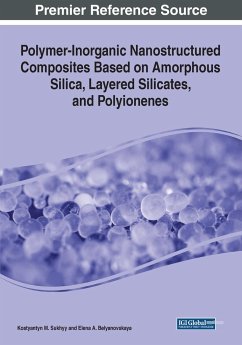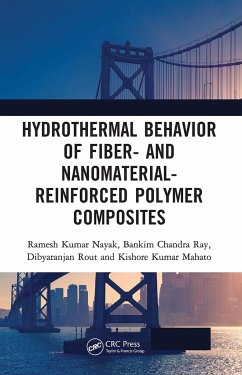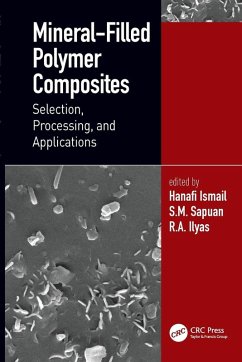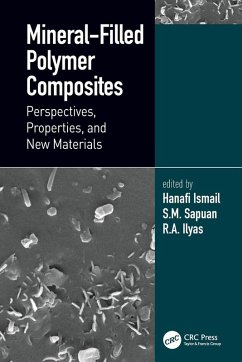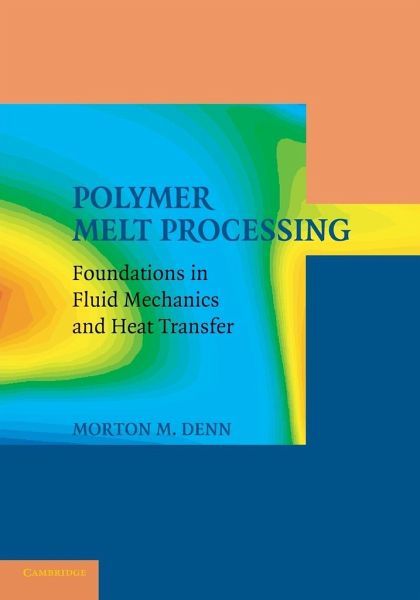
Polymer Melt Processing
Foundations in Fluid Mechanics and Heat Transfer
Versandkostenfrei!
Versandfertig in 1-2 Wochen
103,99 €
inkl. MwSt.

PAYBACK Punkte
52 °P sammeln!
Most of the shaping in the manufacture of polymeric objects is carried out in the melt state, as it is a substantial part of the physical property development. Melt processing involves an interplay between fluid mechanics and heat transfer in rheologically complex liquids, and taken as a whole it is a nice example of the importance of coupled transport processes. This book is on the underlying foundations of polymer melt processing, which can be derived from relatively straightforward ideas in fluid mechanics and heat transfer; the level is that of an advanced undergraduate or beginning gradua...
Most of the shaping in the manufacture of polymeric objects is carried out in the melt state, as it is a substantial part of the physical property development. Melt processing involves an interplay between fluid mechanics and heat transfer in rheologically complex liquids, and taken as a whole it is a nice example of the importance of coupled transport processes. This book is on the underlying foundations of polymer melt processing, which can be derived from relatively straightforward ideas in fluid mechanics and heat transfer; the level is that of an advanced undergraduate or beginning graduate course, and the material can serve as the text for a course in polymer processing or for a second course in transport processes.







